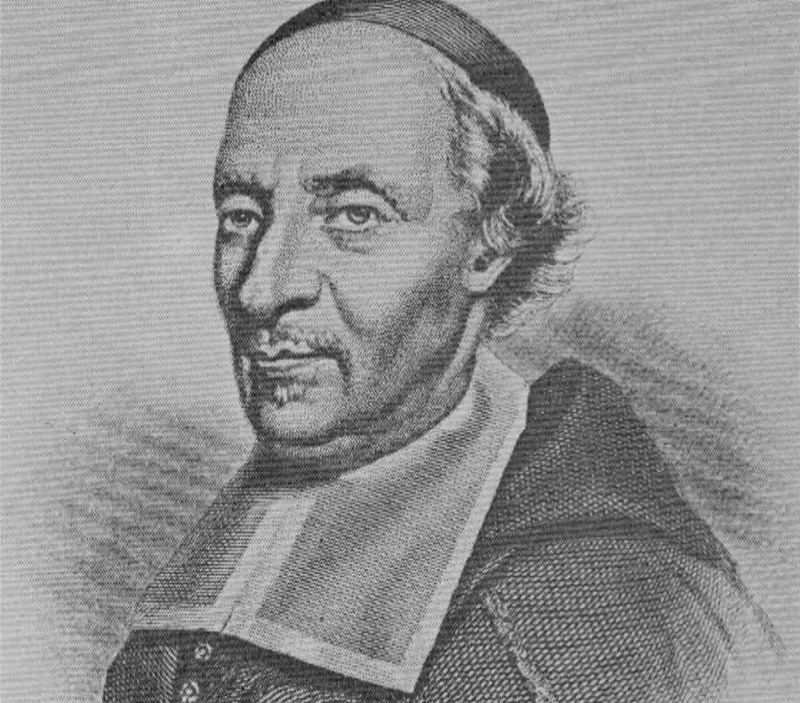
HISTORICAL EVENTS THAT TOOK PLACE ON THIS DAY IN CANADA
5 February

Bishop François de Laval (1623-1708)
'Quake Moves "Sinners"
Sometimes people say, "it would take an earthquake to move him" when commenting about someone who is stubborn. It took an earthquake on February 5, 1663, to move people to stop selling liquor to the Indians, and even then the effect didn't last long.
One of the worst problems in early Canada was caused by people who plied the Indians with liquor and then stole their furs. Even in the late 1800's, unscrupulous traders persuaded many Indians and Métis in western Canada to give up their allotments of land in exchange for bottles of whisky.
Laval, the first Bishop of Quebec, waged a continual battle against the liquor trade. When his own appeals did not have any effect, he urged King Louis XIV and his minister, Colbert, to take action. There was considerable discussion but no effective action was taken. Finally, Bishop Laval decreed that people selling liquor to the Indians would be excommunicated from the church. Even this was unsuccessful, and Laval persuaded Governor d'Avaugour to impose the death penalty on people who were guilty.
People were hanged until the day a woman was caught. She was a widow with a family to support, and Father Lalemant appealed to Governor d'Avaugour for clemency. The Governor, who had not wanted to impose the death penalty in the first place, took this opportunity to end it. He said, "Since this is not a crime for this woman, it shall not be a crime for anybody."
On the night of February 5, 1663 came the earthquake. It was so severe that great fissures were opened in the snow; streams were diverted from their courses; new waterfalls appeared; houses rocked, and church bells rang wildly.
People were terrified. They flocked into the churches, believing that the world was coming to an end. Many of those guilty of selling liquor to the Indians felt that they were being punished for their sins and resolved to "go straight."
OTHER NOTABLE EVENTS ON THIS DAY IN CANADIAN HISTORY
5 February
-1692 The Abenaki Indians from Nova Scotia massacred the British at York, Maine.
-1759 Prime Minister Pitt gave Wolfe secret orders for the Quebec campaign.
-1790 Chief Justice W. T. Smith wrote to Lord Dorchester suggesting Confederation.
-1841 A proclamation was issued declaring the union of Lower and Upper Canada.
-1857 The British House of Commons appointed a committee to investigate the affairs and governing powers of the Hudson's Bay Company.
-1920 King's College, Windsor, Nova Scotia, was destroyed by fire.
-1946 A Royal Commission was appointed to investigate Russian spy charges as a result of the defection of Igor Gouzenko.
-1963 John Diefenbaker's Conservative government was beaten in the House of Commons. It was only the second time since Confederation that the government had been beaten in the Commons.